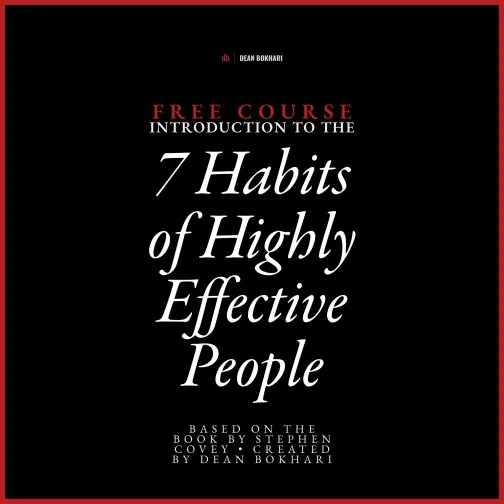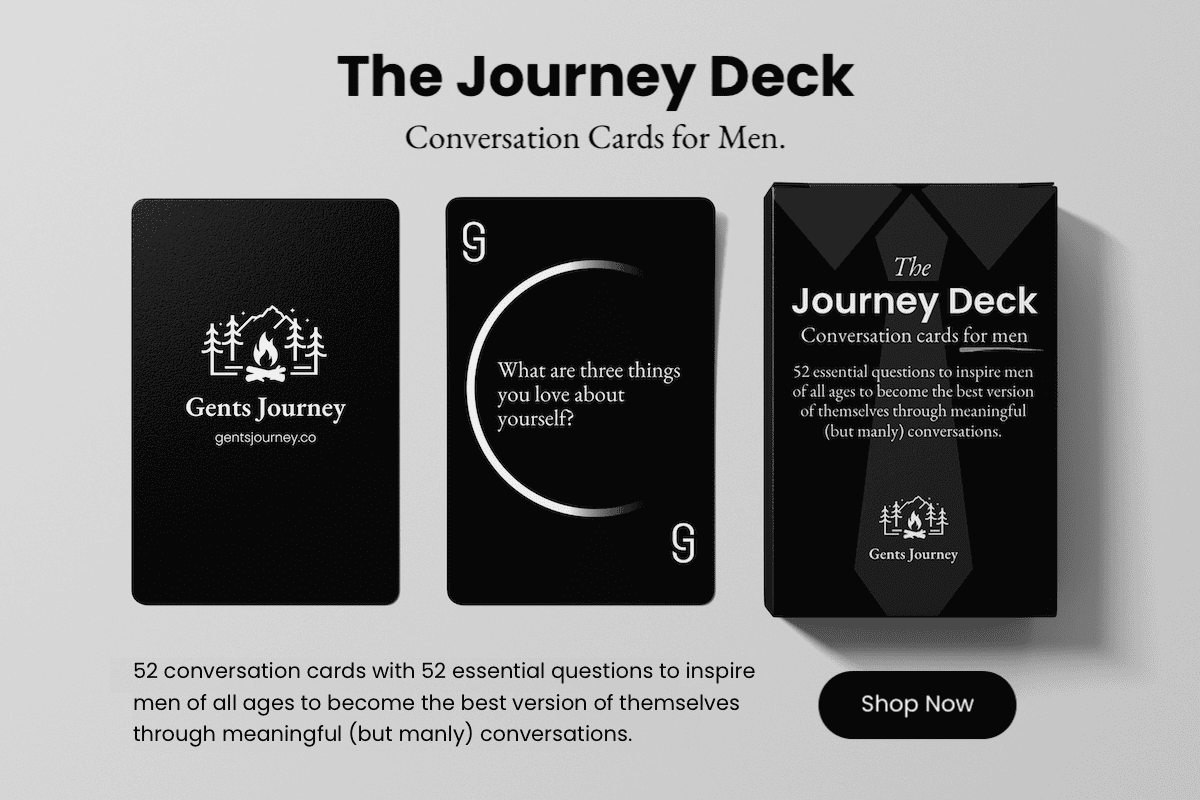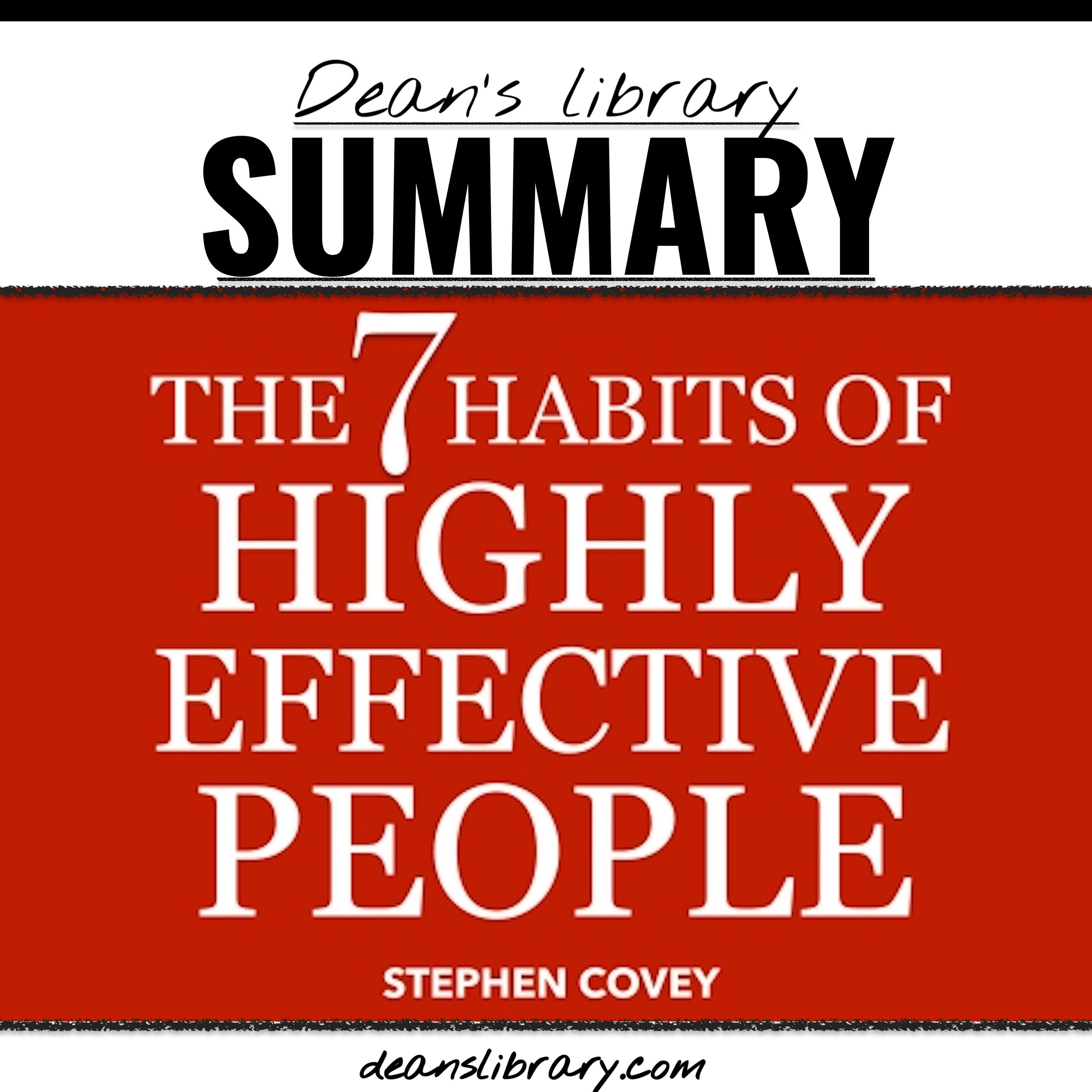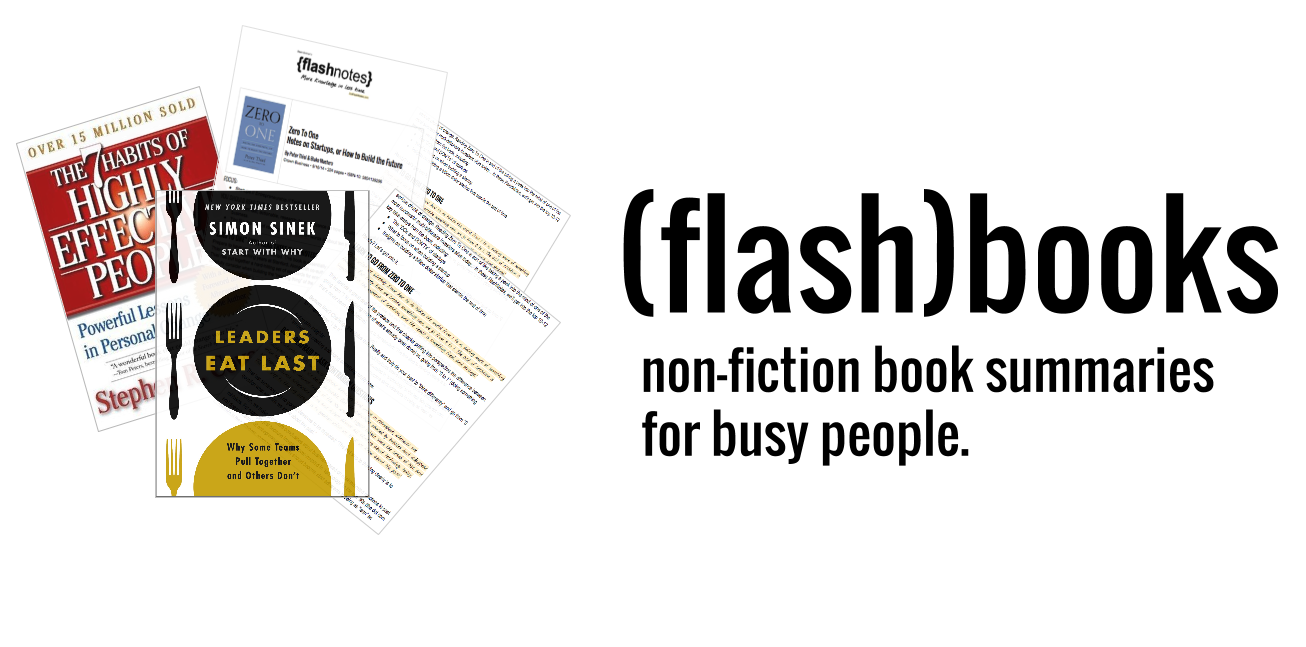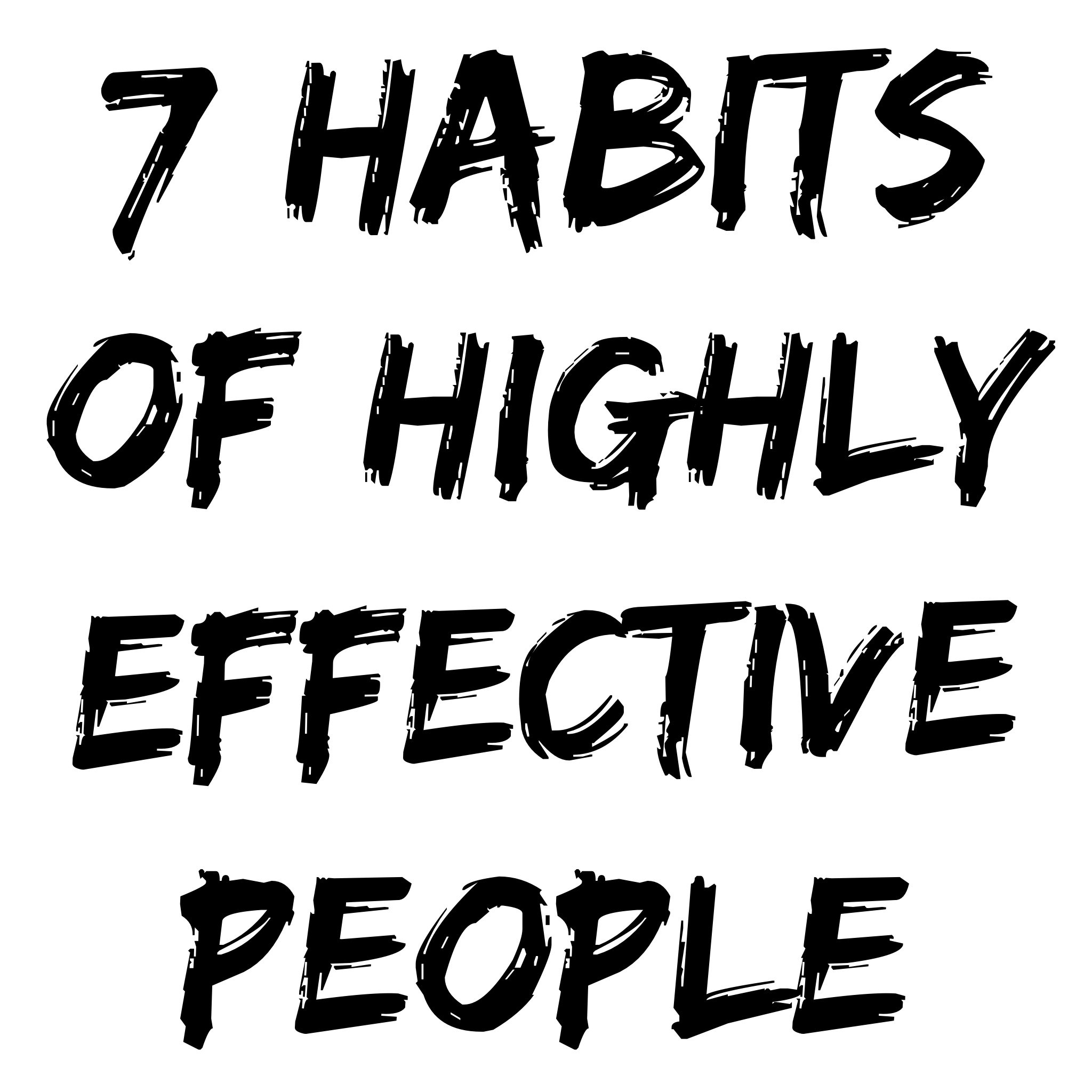It’s
Easy to Damage Your Hearing–Here’s How to Prevent It
Collaborative Post
Hearing is one of your most valuable senses, but it’s also surprisingly easy to harm without realizing it. From loud environments to improper listening habits, everyday actions can lead to long-term hearing damage.
Thankfully, protecting your ears doesn’t have to be complicated. With a few simple habits and mindful choices, you can safeguard your hearing health and avoid common pitfalls.
This guide will help you understand how to prevent damage and why it’s vital to know when you should go for a hearing test.

Source: Unsplash (CC0)
Avoid loud noises whenever possible
Exposure to loud sounds, even for short periods, can cause serious harm to your ears. Noisy environments like concerts, construction sites, or even traffic can lead to gradual hearing loss over time. Wearing earplugs in these settings is a simple way to reduce noise exposure without missing out on important moments.
For instance, if you love listening to music with headphones, choosing noise-canceling models can help. These allow you to hear clearly at lower volumes, reducing the risk of harming your ears while still enjoying great sound quality.
Use safe listening practices
Many people don’t realize how harmful high-volume listening can be. Playing music or videos at maximum volume, especially through earbuds, can cause lasting damage to your hearing. A great tip to follow is to simply listen at around 60% volume and no more. If you want to go higher to enjoy the music, limit your listening to under an hour to prevent any potential hearing damage.
Taking breaks while using headphones or earbuds gives your ears time to recover from continuous sound exposure. Over time, these small changes can make a big difference in preserving your hearing health.
Keep your ears clean but don’t overdo it
Good ear hygiene is important, but cleaning too aggressively can do more harm than good. Using cotton swabs to clean inside your ears can push wax deeper, leading to blockages and even infection. Instead, gently clean the outer ear with a damp cloth.
If you notice signs like muffled hearing or a feeling of fullness in your ears, it might be time to consult a healthcare professional. They can safely remove any earwax buildup and check for other potential issues.
Know when to get your hearing checked
It’s easy to ignore small changes in hearing, but early detection of problems can prevent further damage. Knowing when it’s time for a hearing check is essential for long-term hearing health. Regular screenings are especially important if you’re often exposed to loud noises or notice difficulty following conversations.
A hearing check is a quick and painless way to assess your hearing abilities. Professionals can provide tips to protect your ears and recommend solutions if needed, like hearing aids or noise-reducing strategies.
Preventing hearing damage is about making smart, simple choices every day. By avoiding loud noises, adopting safe listening habits, maintaining ear hygiene, and staying proactive with checkups, you can protect your hearing for years to come. Taking care of your hearing health today is an investment in enjoying the sounds of life tomorrow.
—End of Collaborative Post—
✨ New Series: How to Become an Early Riser
- Discover key methods to make early rising a habit
- How to wake up early + energized every morning
- Morning routines for health + success
Free self-development courses
👇
Tap on any of the courses below to start learning how to:
- boost your productivity (withGTD),
- get focused (with Deep Work),
- design a successful + fulfilling life (with The 7 Habits course),
- or learn the art of influencing others (with the How to Win Friends & Influence People course.)
All for free.
👇
Free life guides
👇
Best-selling Self-development courses by Dean Bokhari
Kill procrastination.
|
Get stuff done.
|
Get motivated.
|
Connect with anyone.
|
freshly pressed:
Top Audiobooks narrated by Dean Bokhari on audible
Book summaries
- The Power of Habit by Charles Duhigg
- 12 Rules for Life by Jordan B. Peterson
- Presence by Amy Cuddy
- Leaders Eat Last by Simon Sinek
- The ONE Thing by Gary Keller, Jay Pasan
- Deep Work by Cal Newport
Read or Listen to top Self-Help + Business Book Summaries in 20 Minutes or Less.
or

